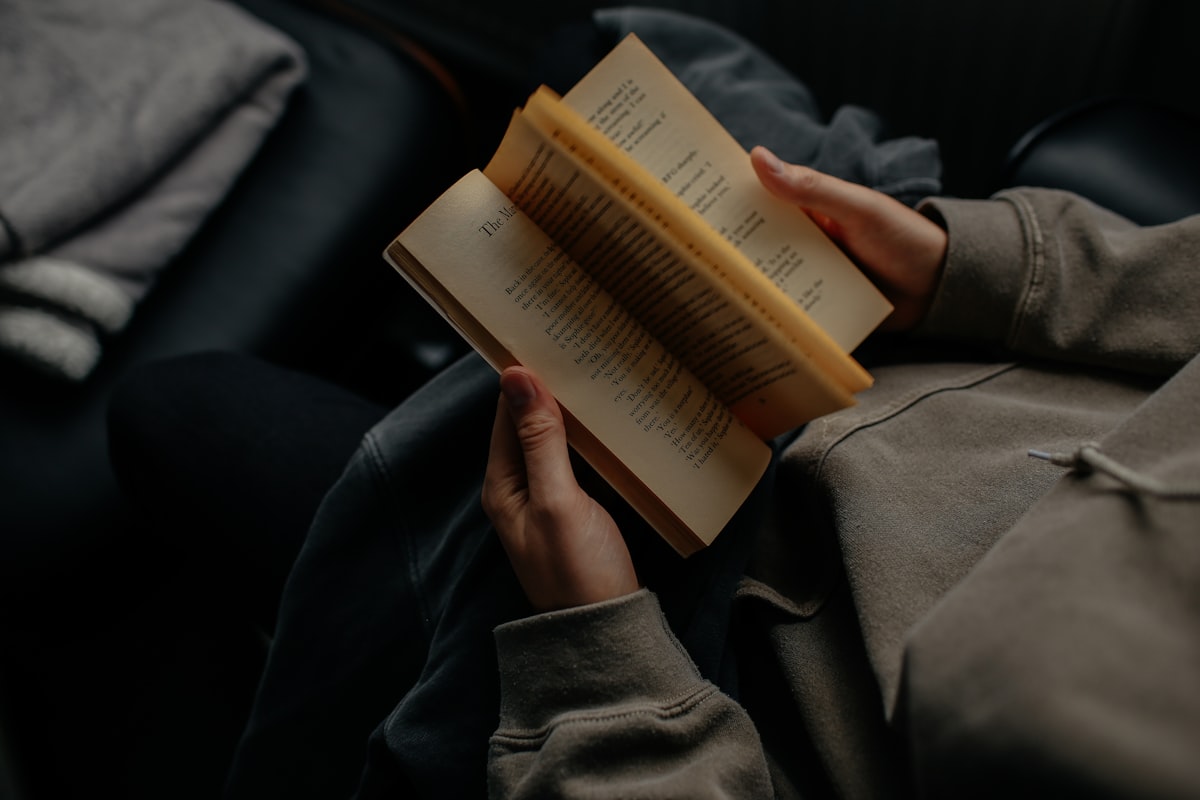Breakfast Notes #43 (First Impression, Reads, Cobban)

Good morning friends.
Here is what I want to share this week.
- Working Wednesday Reads 5. Every Wednesday, I take a 45-minute bus ride to the office. I share with you links worth your time. This week I want to show you what it looks like down below.
- Quote of the Week. 'Education is the kindling of a flame, not the filling of a vessel.' - Socrates.
Here is the 43rd serving of the Breakfast Notes.
Moderatng a Dialogue with Minister Ong
I moderated a dialogue with Singapore's Minister of Health at the Lee Kuan Yew School of Public Policy for a group of incoming students.
I don't want to give you what I learnt from that session…yet.
But, I want to give you three takeaways I received from a few of the international students who attended the dialogue. This was because they were literal outsiders; for many of them, it was their first time meeting a Singaporean minister. These are their first impressions.
First, they admired that leaders like him were ready to pivot and respond to changes on the ground, especially in a pandemic. It sounds easy in theory but is much more difficult in practice.
Second, they were impressed by Singapore's systematic and organised governance. Singapore has been likened to a bonsai tree in the past, a small model that is beautiful to look at but hard to replicate. For these students, they hope to continue observing this proverbial 'bonsai tree' about during their time at LKYSPP.
Lastly, they were pleasantly surprised to find that leaders like him had a clear grasp of the cultural 'zeitgeist' globally. For example, he touched on the increased disillusionment with the concept of meritocracy and our need to refresh/renew it. This struck a chord with the audience. They expected such discussions to be confined within the circles of academia. Still, a few of them were happy to know that a public leader like him was not only aware of it but actively seeking policy solutions to address it.
First impressions really do count.
Visualisation Of The Day

Robert Oppenheimer and Albert Einstein in 1947.
Oppenheimer said of Einstein, 'Late in his life, in connection with his despair over weapons and wars, Einstein said that if he had to live it over again, he would be a plumber.'
Here is why.
Working Reads
Usually, I send you a curation of my weekly commute reads. Today, I send it to you here directly.
- Hispaniola's Great Divergence. The tragic case of Haiti's economic stagnation explained. For any hope of progress, Haiti needs to establish legitimate leadership that can restore political stability. (Craig Palsson)
- How To Be Influenced. Not enough people are exploring the important question of how we should be influenced. To be influenced is to integrate ideas of others into one's mind actively. It is not passive but an active decision. (Ian Leslie)
- The Biggest Problem with Remote Work. If you want to ingrain your organisation's DNA, working norms and practices while being innovative, you cannot afford to do it over Zoom. (Derek Thompson)
- Keep Austin Weird. A long and meandering essay about why Austin is a great place to live in. Someone/I should make the case for Singapore. (David Perell)
- When Monks Become Celebrities. Step aside Jay Shetty, the man who commercialised the 'monk' identity for corporate wellness. Chinese monks are 'building a stage to sing an economic opera', exploiting Buddhism to peddle products in China. But, why? (Yang Danxu)
- When did perfume stop being about Sex? As gender ideals evolve, the perfume, a product that has been so closely tied to traditional gender norms is going through its own form of evolution. (Rachel Strugatz)
It's Time To Return
In his blogpost, Paul Cobban emphatically stated that remote working is a ticking time bomb. He highlighted that remote working would cause the erosion of corporate culture. The physical office space drives behavior and imparts culture. He states emphatically, 'Left untended desired culture will decay over time. When people are not physically together the culture half life reduces dramatically.'
My intuition is that Cobban is right- we have neglected the instrumentality of the office in our lives as knowledge workers.
The spirit of an organisation spreads through osmosis from leaders to followers. But for this process of diffusion to work, people need to be actually together.
The office is thus the physical conduit that links the incumbent and the new, the operators and the creatives, the leaders and followers. Unsurprisingly, remote work is worse at generating disruptive new ideas.
Cobban's point is yet another example of the second law of thermodynamics at play. This law states, "as one goes forward in time, the net entropy (degree of disorder) of any isolated or closed system will always increase."
Left unchecked disorder increases over time. Energy disperses, and systems dissolve into chaos.
This law is so ironclad that we see evidence of it in everyday life. Imagine for a second a world without traffic lights, queues and laws; it would be utter chaos. No need to wait for a climate emergency, we would be destroying ourselves.
It's time to return to the office, church and the gym.
Thank you for reading this, and truly, may the sun shine upon your face,
Keith